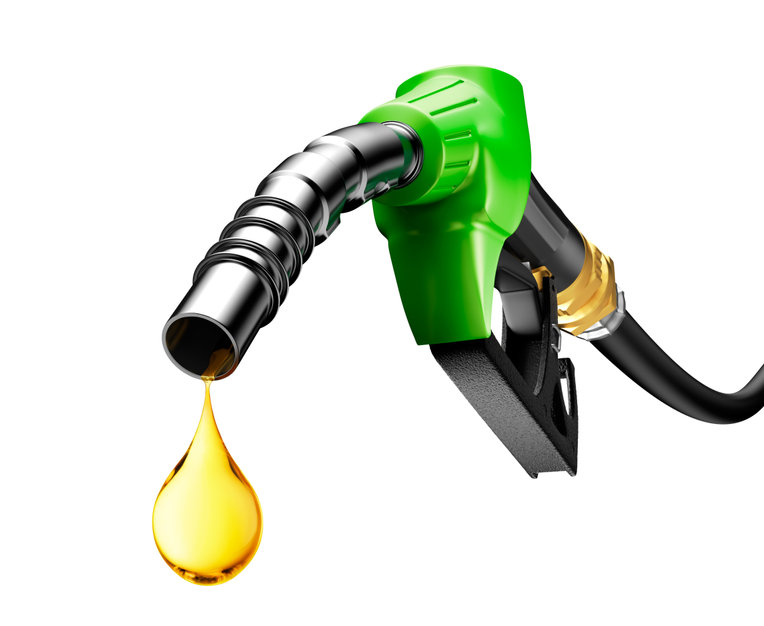During this winter season, freezing diesel fuel can cause panic to drivers when operating in the coldest winter months. Well, in this article, we will discuss and understand if the fuel can really freeze and how to keep it from freezing.
Below are the things that will happen to the fuel when the temperature drops:
1. Gelling
Have you heard of circumstances where the fuel turned into jelly? Yes, it happens but in fairly rare cases. The paraffin wax in diesel solidifies when the temperature drops causing the gelling in fuel. In addition, when cold-soaked, the paraffin wax solidifies which makes the diesel fuel appear cloudy which we will discuss next. It is important to know that before the fuel actually becomes gel-like, it must stay very cold for extended periods. If you have experienced this rare situation, you can contact a truck mechanic so they can assist you.
2. Cloud Point
The cloud point of a diesel fuel occurs when the temperature below which paraffin wax starts to solidify giving the fuel a cloudy appearance. This parameter is an important property of the fuel since the presence of solidified waxes can clog filters and negatively impact engine performance. The traditional method for measuring cloud point is visual in nature. If you are unsure at this point, you can have your diesel truck fuel system checked by fleet truck repair.
3. Pour Point
A pour point happens when the temperature causes a fuel liquid to lose its flow characteristics.
For diesel fuel, it varies depending on the concentration of wax in the fuel. It can be due to the source of the base stock, the refining process, or the type, quality, and quantity of additives that may have been introduced to the fuel during refining or distribution. Truck mechanics use tests to determine the pour point of a fuel sample.
4. Cold Filter Plugging Point
The CFPP or cold filter plugging point is the specified time from which diesel fuel will flow through a standardized filtration device in a specified length of time when cooled. Yes, it is a standardized test for diesel fuel.
While the above reasons can be the cause when having fuel problems during winter, it is not commonly the primary reason. Most of the time, it is the water that is the culprit or ice. Frozen water in your fuel system can clog fuel lines and fuel filters which starve the engine of fuel. Compared to fuel, water freezes at a much higher temperature. Check the fuel filter and look inside, if it is water, it will look like frozen ice, and if it is the diesel fuel, it is thick and gooey.
A substantial quantity of water can accumulate in storage tanks or trucks if it is not removed periodically and since the water is heavier than fuel, it settles to the bottom of the fuel tank. But before things get worse, go to a fleet truck repair or a box truck liftgate repair and have your truck checked.
At Truck-N-Trailer Service, we strive to keep our full-service truck shop equipped with the latest software technology, qualified technicians, and a safe environment. Whether you come in for service, repair or just to ask questions about your work truck, expect a friendly staff, fast turnaround time, and competitive labor rates.




